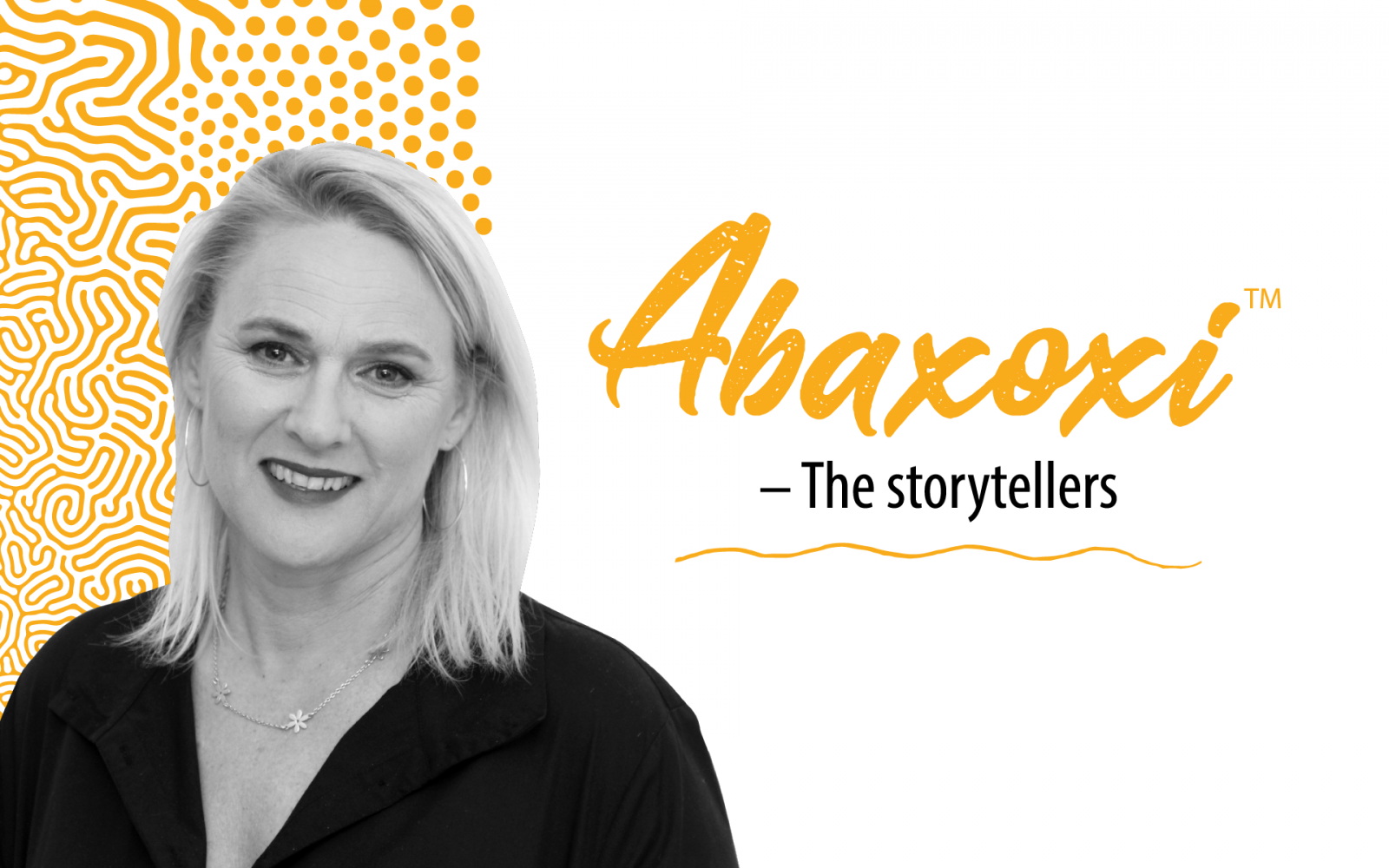Mike Schlebach, big-wave surfer and eco-warrior of the wild West Coast

In a region under growing threat from big mining operations, a surfer rides the restless waves of change.
In a region under growing threat from big mining operations, a surfer rides the restless waves of change
The moon beckons the tide on the wild West Coast, coaxing the waves into curls that crest and crash to the shore.
The ancient, ever-changing rhythms of the sea, quickening the pulse of the man in the wetsuit, slapping his board on the water and paddling towards the restless deep.
Surf’s up, and Mike Schlebach is there to answer the call.
From his home in Cape Town, where he runs a digital enterprise called Screan, connecting buyers of pre-owned goods with ‘Screaners’ who inspect and assess the goods on their behalf, Mike travels the scenic route to Lambert’s Bay, three hours and a world away from the worries and noise of the city.
Here, in this small fishing village, renowned for its winter snoek run, its spring wildflowers, and its mighty breakers, Mike is in his element.
He talks of the ‘Weskus vibe’, of the cosy camaraderie of your own company, as you stand on the beach and contemplate the meaning of life, on the last frontier of what looks and feels like another planet. And then, as the offshore wind rushes in, you go surfing.
Crouching in the roar of the tunnel, balancing on the lip of the wave, sliding onto the shore, going back in, waiting, standing, riding, over and over again.
“Every wave is different,” says Mike. “You never get bored. You’re always striving to push yourself further, to surf better, to catch a better wave.”
And sometimes, in the pursuit, the wave will catch you, and pull you into the undertow, and swirl you around and spit you out. Not for nothing is one of the most remote and challenging beach breaks in the area known as ‘Famous Last Words’.
But you learn from surfing, says Mike, lessons that stay with you in business and in life, that shadow you as you set out on every exciting and risky adventure.
“As a big-wave surfer, I’ve learned to panic only after I’ve panicked,” says Mike, who has been a surfer since the age of seven. “I’ve learned to be prepared for anything. I’ve learned that there will always be drama.”
But the West Coast, too, this other planet, in all its solitude and isolation, has a more valuable lesson to teach us: that the land and sea are fragile, and that the last frontier may one day vanish with the wind.
Mike remembers the day he drove up to a faraway surf spot, an open beach near the mouth of the Olifants River. He was turned away by private security officials, who insisted he needed a permit. Mike stood his ground, and he was eventually allowed to camp overnight.
The next day, he drove north to the Tormin Mine, a mineral sands operation, not far from the settlement of Lutzville.
Here, on what was once a pristine section of coastline, he saw freshly-dug roads, trucks, excavators, and heavy machinery, the advance guard of a mining rush that stretches all the way from the Olifants River to Alexander Bay on the Namibian border, with plans in the pipeline for a massive shipping port at Port Nolloth as well.
The mining and prospecting, for heavy minerals, diamonds, oil and gas, gemstones, and precious metals, is likely to have a devastating long-term effect on the ecology of the West Coast, including its beaches, fauna and flora, and marine life, says Mike.
An environmental activist at heart, he is now the driving force behind an NGO called Protect the West Coast (PTWC), set up to promote awareness of the mining threats to the region, and lobby for government oversight and the implementation of Strategic Environmental Assessments, or SEAs.
“We’re hoping to change the trajectory of the West Coast from just turning it into one big mine dump,” says Mike. “I feel like everyone’s got to band together, all the stakeholders, all the communities, all the young people, everybody that has enjoyed this area, or lived in this area, or even just anyone who wants to see wild spaces being conserved for future generations.”
The ‘Weskus’ vibe flows through his veins, and he feels invigorated whenever he sets foot here, but he knows the place well enough not to over-romanticise it.
“It’s a pretty harsh environment,” he says. “It can be pretty gnarly to be on the beaches in summer, and there’s a lot of fog in winter.”
Gnarly: the surfer’s term for treacherous and difficult conditions, the kind that make you wonder whether it wouldn’t be wiser to stay away for the day.
But then you remember the feeling of getting into the water, the rush of finding the better wave, of seeing the shimmer of a dolphin or a seal in your slipstream, and you know that this is who you are, and this is where you belong.
“Coming up here and getting in the water, just really connecting with nature, is a fundamental part of who I am,” says Mike. “It’s an important part of being human.”
For more fascinating stories about the remarkable people and places of the West Coast, watch Weskubewoners, brought to you by BrightRock, on KykNET every Thursday at 21:00.




